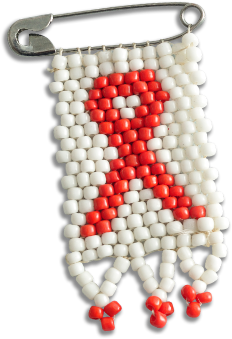Healthcare professionals
AfA is here to help you care for and manage patients living with HIV/AIDS. Access our team of clinical HIV experts to get support, ask for advice and discuss complex clinical challenges. Explore our protocols, guidelines, publications and clinical intelligence.

CPD online training
Gain HIV management skills.
Online modular training for doctors and other healthcare professionals in HIV medicine offers a practical solution to gain HIV management skills. It is particularly suitable for those working outside of the major centres.
You can complete individual modules or the full training programme.
- The modules cover the basics of HIV management and reflect current best practice, both nationally and internationally.
- Each module is CPD-accredited with a CPD certificate issued online following successful answering of several multiple-choice questions.
- All the modules will be updated annually.
- There will be a dedicated annual HIV update module based on new guidelines and advances in HIV management.
Registration on the course is free of charge and is open to all doctors as well as other interested healthcare professionals.
Please go here to register, using your professional council registration number, and follow the simple instructions. If you do not have a professional council number your ID number may be used.
The course has been developed by Professor Gary Maartens, who is an acknowledged expert in HIV management and has participated in the development of HIV treatment guidelines both nationally and internationally. He has been involved in teaching and research in HIV medicine for many years and has been a senior consultant on the AfA Clinical Advisory Committee since its inception in 1998.
Publications and Presentations
Publications
Presentations
Registration downloads

Registration form for HIV+ patients requiring ART.
AfA PEP registration form:Registration form for post-exposure prophylaxis.
AfA PrEP registration form:Registration form for HIV-patients requiring PrEP.
Patient consent form for telephonic/internet registration:Consent form for patients enrolled telephonically, or via direct online processing.